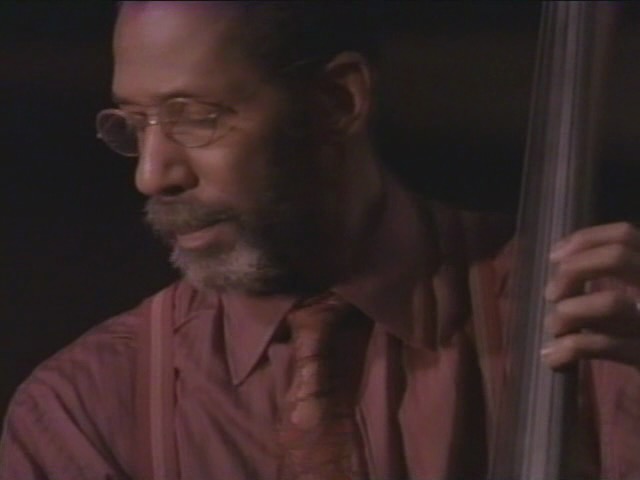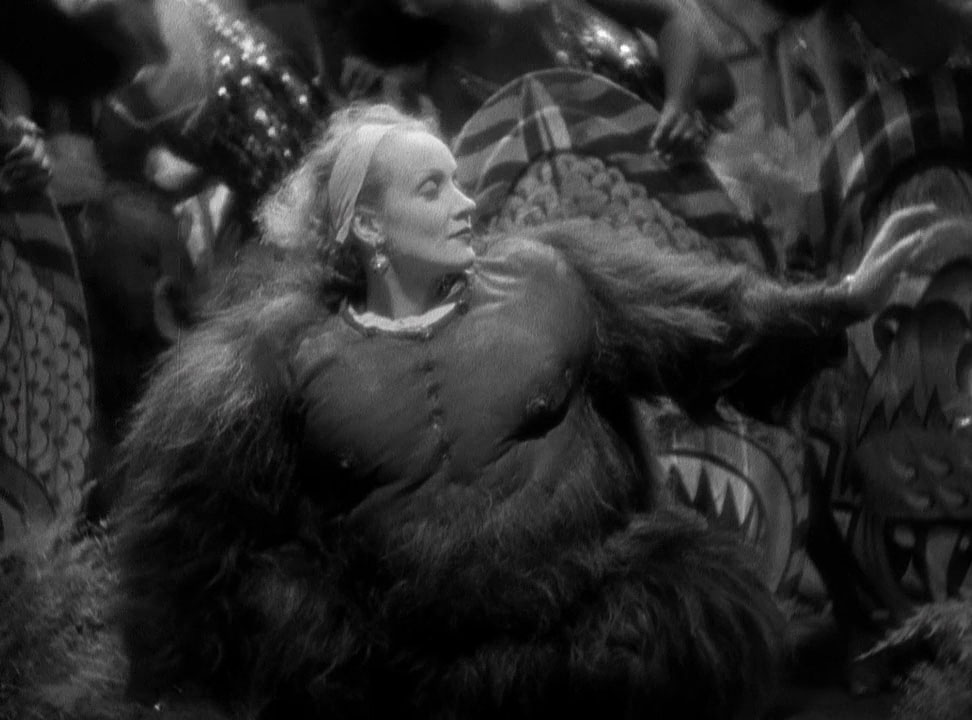Finally a period movie that acknowledges that everyone is named Johnny. Altman took note of Jennifer Jason Leigh in the Hudsucker Proxy‘s 1930s and cast her in his own 1930s flick. It’s less a follow-up to Hudsucker than a precursor to Uncut Gems (someone tears around town making a lot of noise and pissing people off until they are shot in the head).
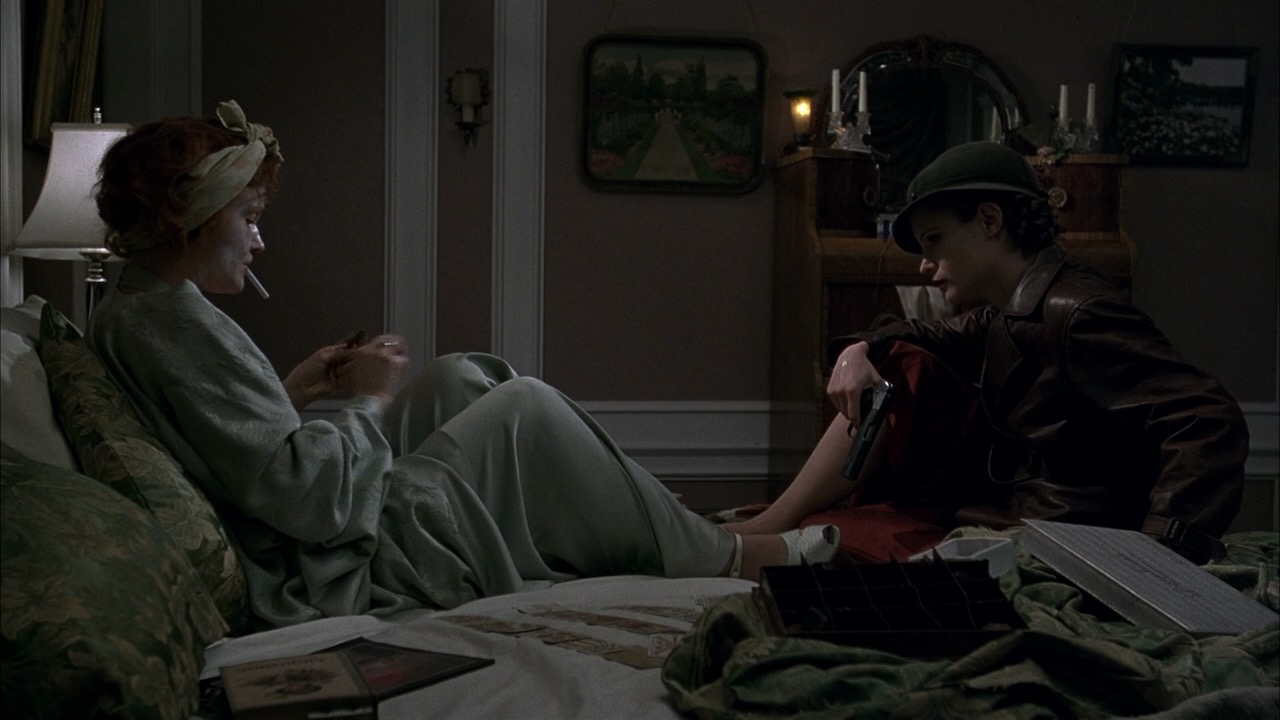
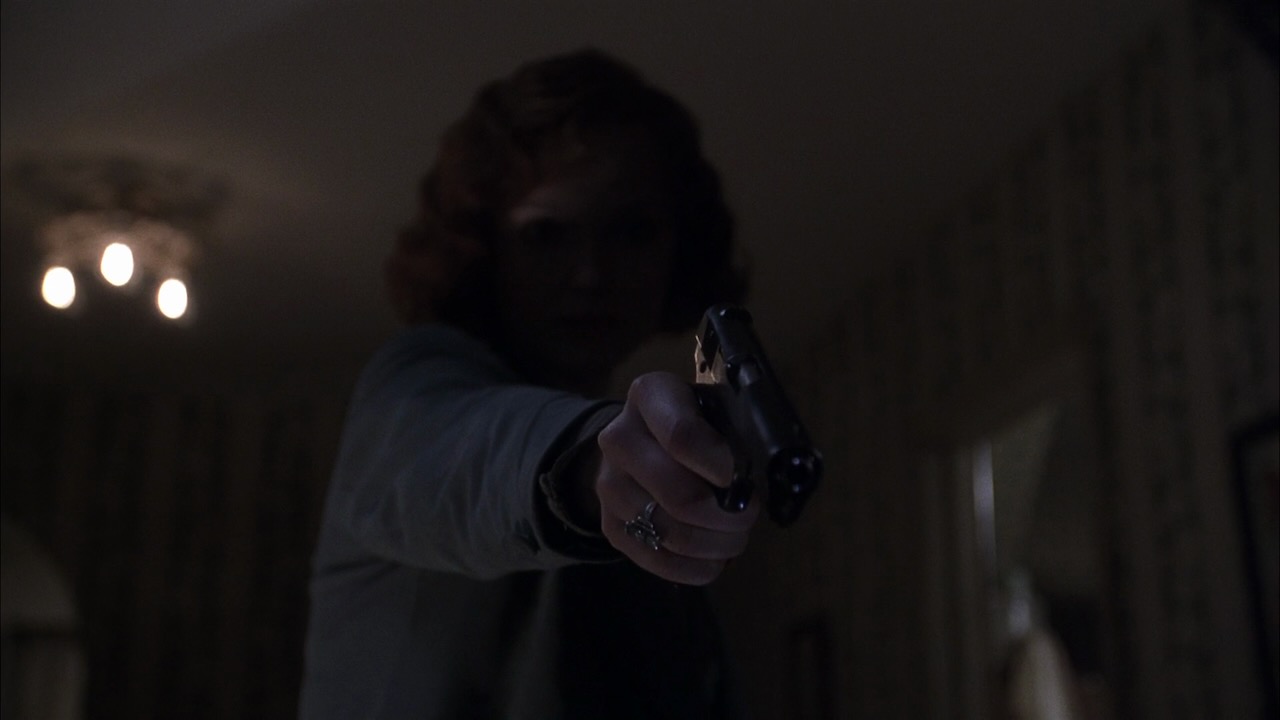
Rosenbaum calls the story “borderline terrible”:
It counts on the dubious premise that a gangster (Harry Belafonte) would fritter away a whole night deciding what to do with a thief who rips him off — thereby enabling the thief’s significant other (Jennifer Jason Leigh) to kidnap a society lady (Miranda Richardson) and Altman to crosscut to his heart’s content as he exposes the inner workings of a city on the eve of a local election.
“Democrats: they’re whatever they’re paid to be.” I could take or leave the Belafonte plot with Dermot “Johnny” Mulroney or the election rigging plot with Steve “Johnny” Buscemi (another actor cribbed from the Coens’ period films), but greatly enjoyed hanging out with Leigh and Richardson, the stars of Cronenberg’s eXistenZ and Spider.
Jane Adams:
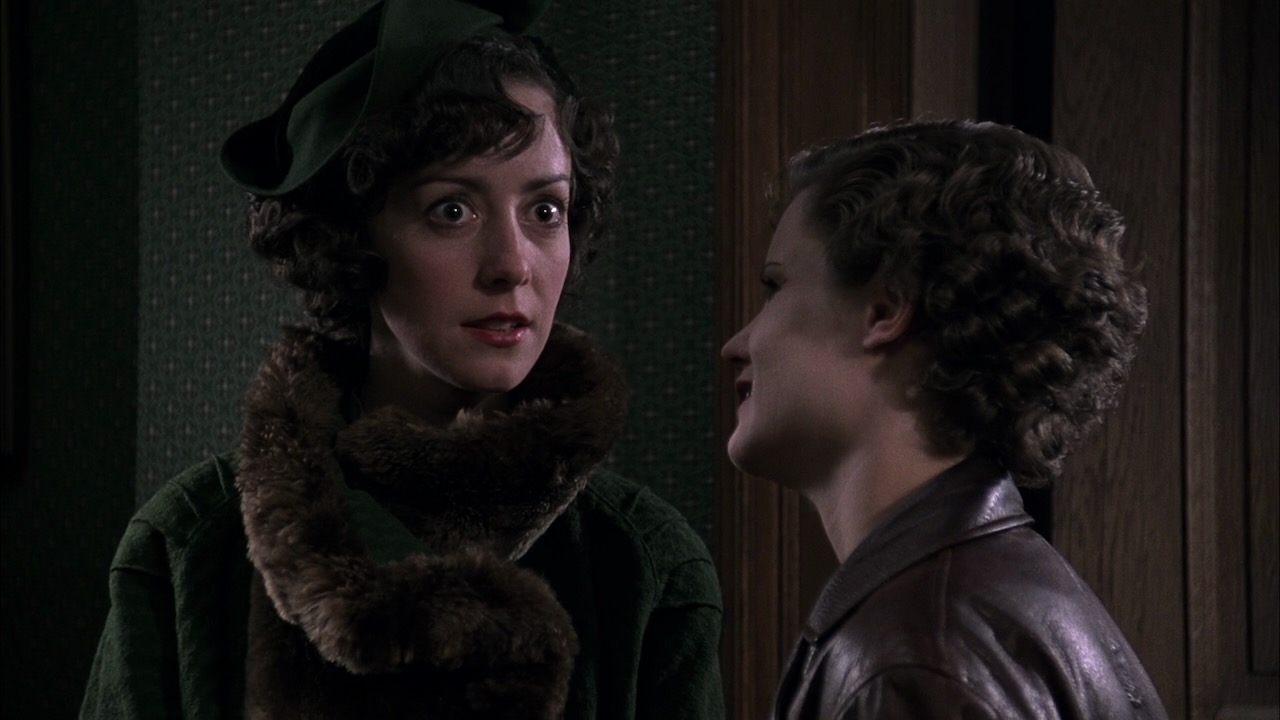
Christian McBride:
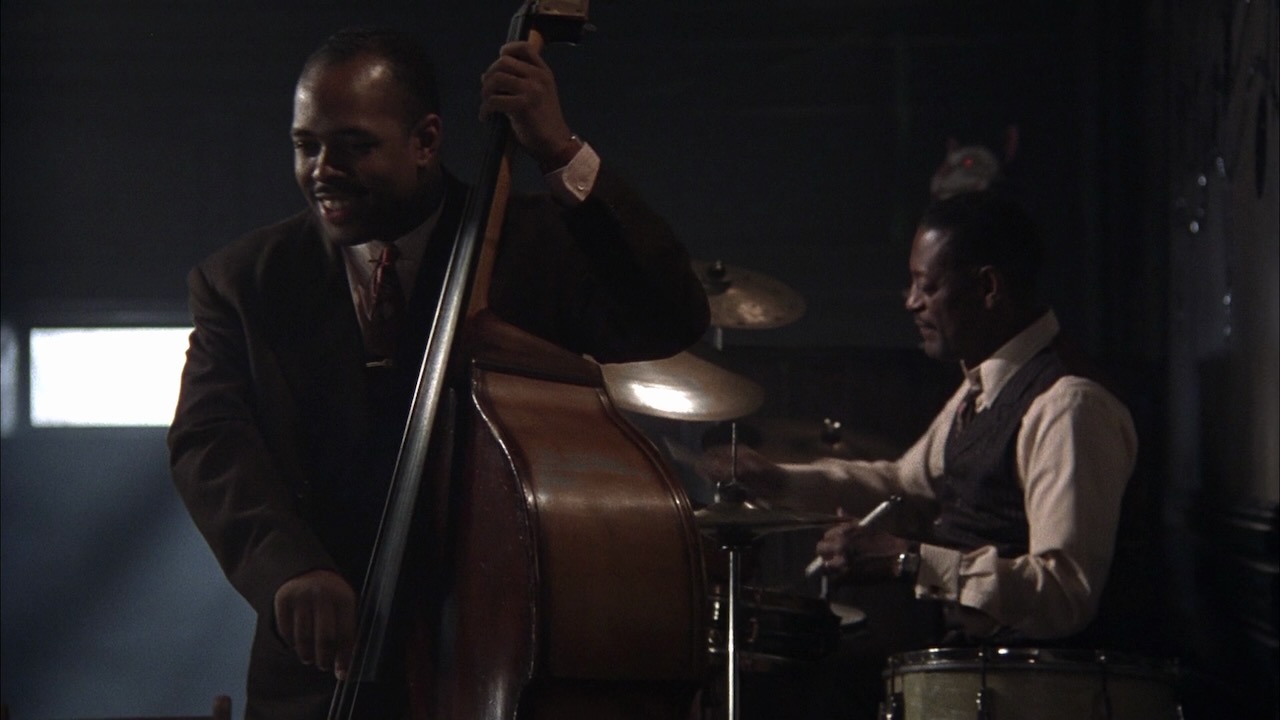
–
Jazz ’34
All the music performances from Belafonte’s club in Kansas City allowed to run at their full length, with multiple narrators giving context. Not exactly a rock doc, but not far off – 1990s jazz guys pretending to be 1930s jazz guys, but they’re actually playing the music, so it’s a concert film. It is popular to say that this movie is better than parent film, but only I have the bravery to say: they are both good.
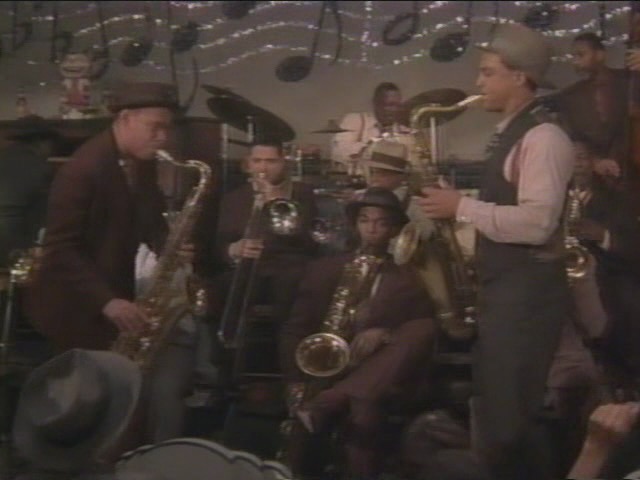
Ron Carter:
